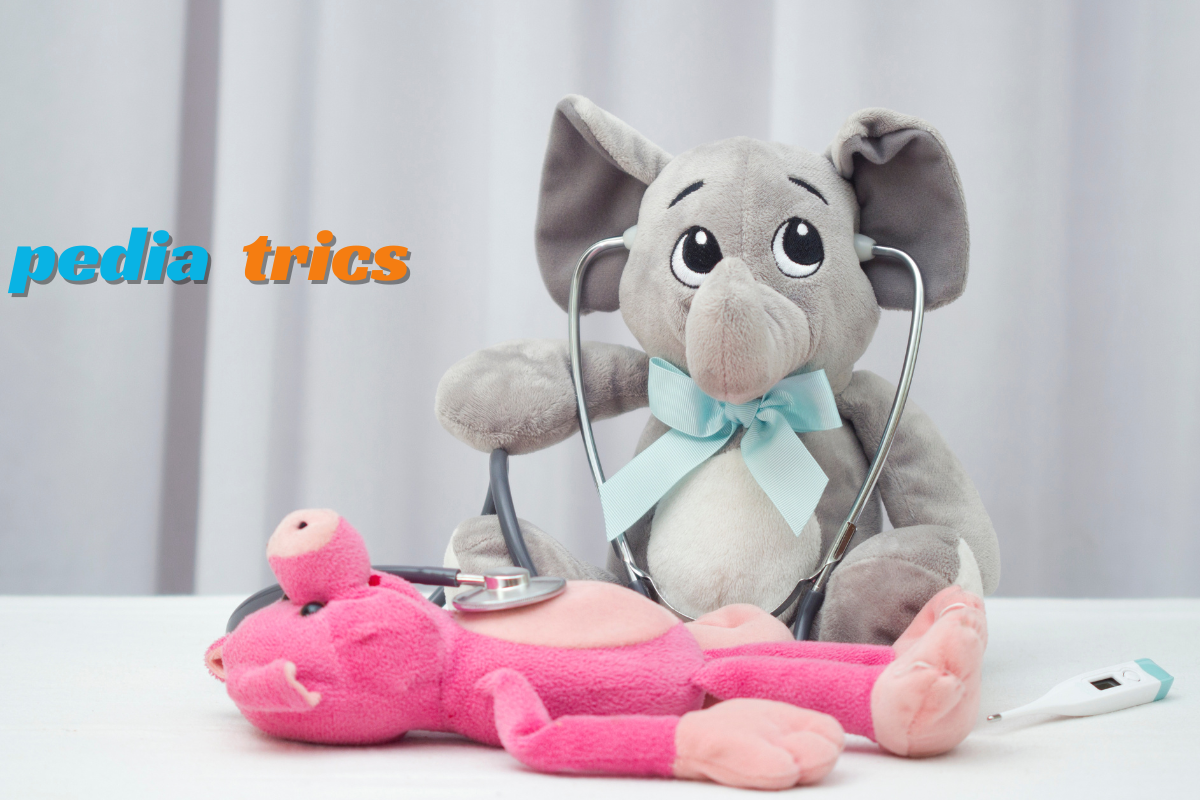.png)
FERTILITY
- 25th January 2024
What is Infertility?
About Male Infertility
The incapacity of the male partner to impregnate his fertile female partner is defined as male infertility. It is quite a common and stressful condition for males that requires proper medical attention. Infertility affects nearly 7% of all men. There can be numerous causes to it such as poor quality of semen, low sperm production, erectile dysfunction, etc.However, you don’t have to worry about it as effective treatment is now easily available. Healthbox OPD specialist doctors provide the best treatment for male infertility.
Treatment
Diagnosis
The diagnosis of male infertility is based on symptoms. It can be analyzed with the help of a physical examination and medical history of the patient by the doctors and by a discussion of the symptoms occurring thereof. Furthermore, there are quite a number of tests available that may indicate the accurate diagnosis:
- Physical examination and medical history of the patient
- Analysis of Semen
- Ultrasound of scrotum
- Post-ejaculation urinalysis
- Evaluation of Hormones
- Testicular biopsy
Procedure
In cases of male infertility, the female partners’ diagnosis is also necessary. This can help in the determination if she will require any specific treatments or not. If yes, then it proceeds with assisted reproductive techniques, if appropriate. The treatment for infertility in men include:
Medication & counselling: Antibiotic treatments may cure male infertility if there is an infection in the reproductive tract, but do not always restore fertility. Medication or counseling can help in the improvement of fertility in conditions such as erectile dysfunction or premature ejaculation.
Hormonal treatments and medications: Your doctor might recommend hormone replacement therapy or several medications in the cases where infertility is basically caused by the high or low levels of certain kinds of hormones or problems with the way your body is using hormones.
Infertility is the condition when a person is not able to become pregnant. There are various reasons that can hinder one’s parenthood. The infertility factors of males and females are different, in males, the primary reason for infertility is sperm count, and the mortality rate is lower. On the other hand, in females, the infertility reasons can be different such as uterine fibroids, endometriosis, irregular periods, ovulation issues, etc. Get in touch with HEALTHBOX OPD to undergo advanced and modern fertility treatment in Delhi for effective results.
Treatment of female infertility
The treatment of female infertility depends on the cause of the problem. With advancements in the medical field in recent times, couples today can resort to any of the following methods to conceive a baby. It can also involve medication, surgery, non-surgery, and reproductive assistance such as ART.
- Fertility medications: Fertility medications are often the first line of treatment for couples who have been trying to conceive for a long time but are facing difficulty. For the infertility specialist to determine the best medicines in your case, an accurate and thorough diagnosis is extremely important. The most commonly used fertility drugs are gonadotropins and Clomid. These medicines are used to induce ovulation. Gonadotropins are used to enhance ovarian stimulation in patients. Gonadotropins can be used as part of both IVF and IUI. Different types of gonadotropins for infertility treatments include:
- FSH (follicle-stimulating hormone): Mixture of FSH and LH (luteinizing hormone) – also called hMG or human menopausal gonadotropin and hCG (human chorionic gonadotropin)
- Surgery: Surgery is often recommended to correct abnormally shaped uterus, remove fibroids from the uterus, and unblock fallopian tubes.
- Egg Freezing: Egg freezing, also known as ‘oocyte cryopreservation, is the best technology for any woman who does not plan to get pregnant immediately but wants to have a baby someday. In this method, the eggs from the ovaries are harvested and are frozen, and stored to be used later. Egg freezing is often combined with in-vitro fertilization and the fertilized egg is then implanted in the uterus of the woman. Infertility specialists recommend women freeze their eggs in their late 20s or in their early 30s. If the female has any disease or health condition that might decrease the quality or the quantity of the eggs, she should consider freezing her eggs even earlier.
- Assisted Reproductive Technologies: Assisted Reproductive Technologies, commonly known as ART can include several forms of infertility treatments, from medications to surgery. But in the medical fraternity, ART refers to any treatments where the sperm and the egg are combined in an external environment. ART works best for women who have issues with the fallopian tube or in couples where the sperm cannot swim to fertilize the egg.
- IVF: IVF is the most common and most reliable form of ART. This treatment is often used for couples where the woman has a blockage or damage in the fallopian tube or where the male partner produces very little sperm. IVF stands for in-vitro fertilization, meaning the fertilization takes place in a petri-dish, outside the body. During this treatment, the infertility specialists treat the woman with drugs to stimulate the ovaries to produce more eggs. Once the eggs are matured, they are retrieved from the ovaries and put in a petri-dish along with the sperm of the man for fertilization. Once the fertilization successfully happens and embryos are formed, the doctors implant the embryos in the uterus of the woman and allow the pregnancy to take place.
- IUI: IUI or intrauterine insemination is a comparatively reasonable infertility treatment than IVF, but the success rate of the treatment is also lower than IVF. IUI is a viable treatment for women/ couples with unexplained infertility, where the sperm has issues in traveling to the egg, where the sperm of the man has low motility. In IUI, the sperm of the male partner or a donor is directly implanted into the uterus of the woman.
- Intracytoplasmic sperm injection (ICSI): ICSI is an assisted reproductive technology in which a single sperm cell is introduced into an egg cell. This treatment is a good option for couples with serious problems with the sperm. The treatment can also be used in the case of older couples or in those where IVF does not give effective results. Once the embryo is formed, it is transferred to the uterus or the fallopian tube.
- Intrafallopian transfer: Intrafallopian transfer is a good treatment option for couples with unexplained infertility, with low motility in sperm, or in cases where the woman has any damage or blockage in her fallopian tube. Intrafallopian transfers can be of two types:
- Zygote intrafallopian transfer (ZIFT) or Tubal Embryo Transfer where the fertilization takes place in a laboratory. Later, the fertilized embryo is transferred into the uterus.
- Gamete intrafallopian transfer (GIFT) – This treatment involves transferring the eggs and sperm into the fallopian tube and allowing the fertilization to take place inside the woman’s body.
Fertility Treatments
The following are a few modern fertility treatments provided at Healthbox OPD
IVF (In Vitro Fertilization)– This fertility treatment is taken into the process under a microscope. The lab specialist picks one healthy sperm and egg to combine in order to push the process for fertilization. The fertilization process takes 2-5 days and results in a healthy embryo which is later shifted to an incubator and implanted in a females uterus for conception. This procedure is modern and most effective compared to other fertility treatments.
IUI (Intrauterine Insemination)– It is also known as artificial insemination. In this process, healthy sperm is washed and concentrated, later directly implanted in the female’s uterus. IUI cycle is advised around the time of ovulation and is typically performed with the help of a thin catheter.
Are fertility treatments performed at Healthbox OPD safe?
Yes, Healthbox OPD offers multi-specialty healthcare facilities and has an in-house team of highly experienced fertility experts. Fertility treatments need expertise and our doctors perform advanced fertility treatments by leveraging modern technologies. Also, fertility clinics are equipped with world-class instruments that make the procedure effective and safe.


.png)
.png)
.png)
.png)